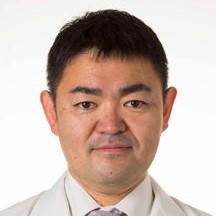Name/Position
Department/Specialty/Research Content
Thesis Advisor
-

Cardiology
Cardiology, Regenerative medicine
Elucidation of the pathogenesis of heart disease and development of new therapies with regenerative approach.
Thesis Advisor:Master's
、 Doctoral -
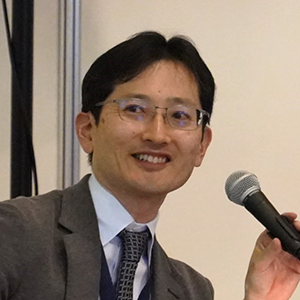
Cardiology
Cardiology, Cardiovascular Disease, Quality and Outcomes Research
Dr Kohsaka is engaged in outcome research in the field of cardiology through multicenter registry studies, accumulation of clinical administrative data, and international clinical trials. The foundation of his work is to "respond to the practical clinical questions", focusing on optimizing clinical pathways, updating recommendations in clinical practice guidelines, and improving various biases through research findings.
-
 Kentaro HayashidaProfessor
Kentaro HayashidaProfessor
Cardiology
Cardiac catheterization
We are conducting studies on minimally invasive transcatheter treatments for structural heart diseases, (TAVI, MTEER, tricuspid valve treatment, and transcatheter LAAC) through multi-center registries or randomized controlled trials.
Thesis Advisor:Master's
、 Doctoral -
-

Gastroenterology and Hepatology
Basic and clinical research of gastrointestinal immunity disorders
Clinical development of new drugs and treatments for IBD as well as liver and pancreatic immunity disorders. Developing preventive medicine that seeks to unify immunology, genetics, and nutritional science.
Thesis Advisor:Master's
、 Doctoral -
Gastroenterology and Hepatology
Gastroenterology and Hepatology
We are trying to elucidate the pathogenesis and underlying mechanism of various liver diseases including acute liver injury, chronic liver injury, liver cirrhosis, and hepatocellular carcinoma from the multiple view on immunology, metabolism, and microorganism, leading to a development of new diagnosis and medical treatment.
-
Gastroenterology and Hepatology
Gastroenterology, inflammatory bowel disease, and systems medicine.
Our research goal is to elucidate the diverse molecular and cellular networks involved in inflammation, tissue repair and fibrosis processes in digestive organs at the cellular, tissue and organ level. Utilizing biological methods and multi-omics techniques, we aim to decipher these complex networks and develop novel therapeutic strategies for inflammatory diseases of digestive organs.
-

Neurology
Neurological therapeutics
We aim to develop actual therapeutics by every conceivable means – from advancement of translational research to home care medicine – to improve the quality of life of patients suffering from various neurological diseases.
Thesis Advisor:Master's
、 Doctoral -
Neurology
Parkinson's disease and related disorders
Clinical research based on a database that contains clinical information on a large number of Parkinson's disease patients.Establishment of novel neuroimaging biomarkers for Parkinson's disease and related disorders using advanced MRI technology.
-

Hematology
Hematology, Molecular oncology, Cancer genetics
Genetic dissection of molecular pathogenesis in human malignancies, particularly in hematologic neoplasms; Establishing clinical relevance of genetic alterations (as therapeutic targets and/or biomarkers); Implementation of precision medicine through clinical sequencing.
Thesis Advisor:Master's
、 Doctoral -

Rheumatology
Rheumatoid arthritis, Connective tissue diseases
Clinical application of inhibiting inflammatory cytokines to treat patients with rheumatoid arthritis and connective tissue diseases and clarification of the mechanism of their efficacy in relation to the pathogenesis of the diseases.
Thesis Advisor:Master's
、 Doctoral -

Nephrology, Endocrinology and Metabolism
Nephrology, Hypertension
Our research aims to obtain a deep understanding of the pathophysiology of age-related diseases, including chronic kidney disease, hypertension, and metabolic disorders such as diabetes, which have been on the rise in recent aging society, and to contribute to establish new therapeutic strategies.
Thesis Advisor:Master's
、 Doctoral -
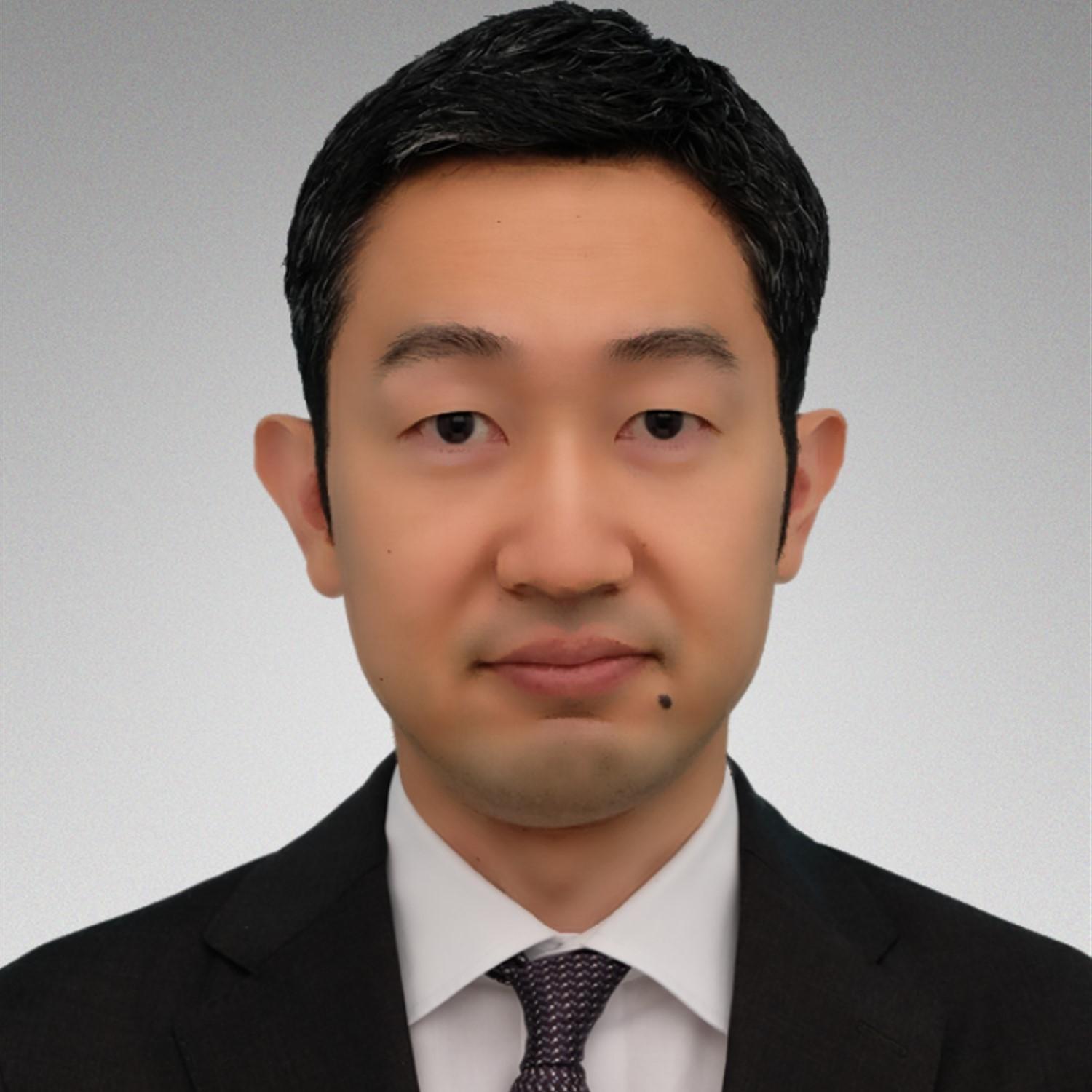 Kenichiro KinouchiAssociate Professor
Kenichiro KinouchiAssociate Professor
Nephrology, Endocrinology and Metabolism
Endocrinology, Metabolism, Nephrology, Chronobiology
Using a systems biology approach, research projects aim to provide a holistic understanding of the mechanisms by which the eating behavior, sleep, biological clock, and environment impinge on the temporal profiles of hormones, humoral and neural factors and entrain the cellular and tissue level oscillation, and to define the discernible signature of the pre-symptomatic state.
-
-

General and Gastroenterological Surgery
Gasteroenterology; surgical oncology; endoscopic surgery; multidisciplinary solid tumor therapy; surgical infections; bodily reactions to invasive surgery; sentinel node navigation surgery
Research utilizing an approach based on the sentinel node theory. Analyzing the mechanisms of metastasis of lymph node cancers and their regulation. Applying microscopic metastasis and capillary blood cancer cell detection methods to realize individualized, multidisciplinary treatment mehthods for digestive organ cancers. Research into reactions to invasive surgery, and surgery-related infections.
Thesis Advisor:Master's
、 Doctoral -
General and Gastroenterological Surgery
Vascular Surgery, Liver transplant surgery
Evaluation of vascular morphological changes of bioresorbable vascular scaffolds in clinical study and assessment of morphological findings. Development of a new treatment strategy for acute limb ischemia using hydrogen gas. Visualization of peripheral vessels by photoacoustic imaging.
-
General and Gastroenterological Surgery
Gastroenterological surgery (esophagus and stomach); surgical oncology; endoscopic treatment, endoscopic surgery; solid tumor multidisciplinary therapies; surgical infections, bodily reactions to invasive surgery; individually minimized minor surgery using sentinel lymph node theory
Research utilizing an approach based on the sentinel node theory. Analyzing the mechanisms of metastasis of lymph node cancers and their regulation. Minimally invasive treatment for early upper GI cancer. Multidisciplinary treatment method for advanced upper GI cancer Research into reactions to invasive surgery, and surgery-related infections.
-
General and Gastroenterological Surgery
Gastroenterological Surgery, Hepatobiliary and pancreatic surgery, Transplant Surgery, Surgical Oncology, Endoscopic surgery, Solid tumor multidisciplinary therapy, Endoscopic diagnosis & Treatment
Developing surgical methods with a basis of major surgery and minimally invasive treatments for Hepatobiliary and pancreatic disease. The clinical research to improve the treatment outcomes for pancreatic cancer. Translational research to aim the clinical application such as biomarkers from molecular abnormality analysis related to the pathogenesis of pancreatic cancer.
-
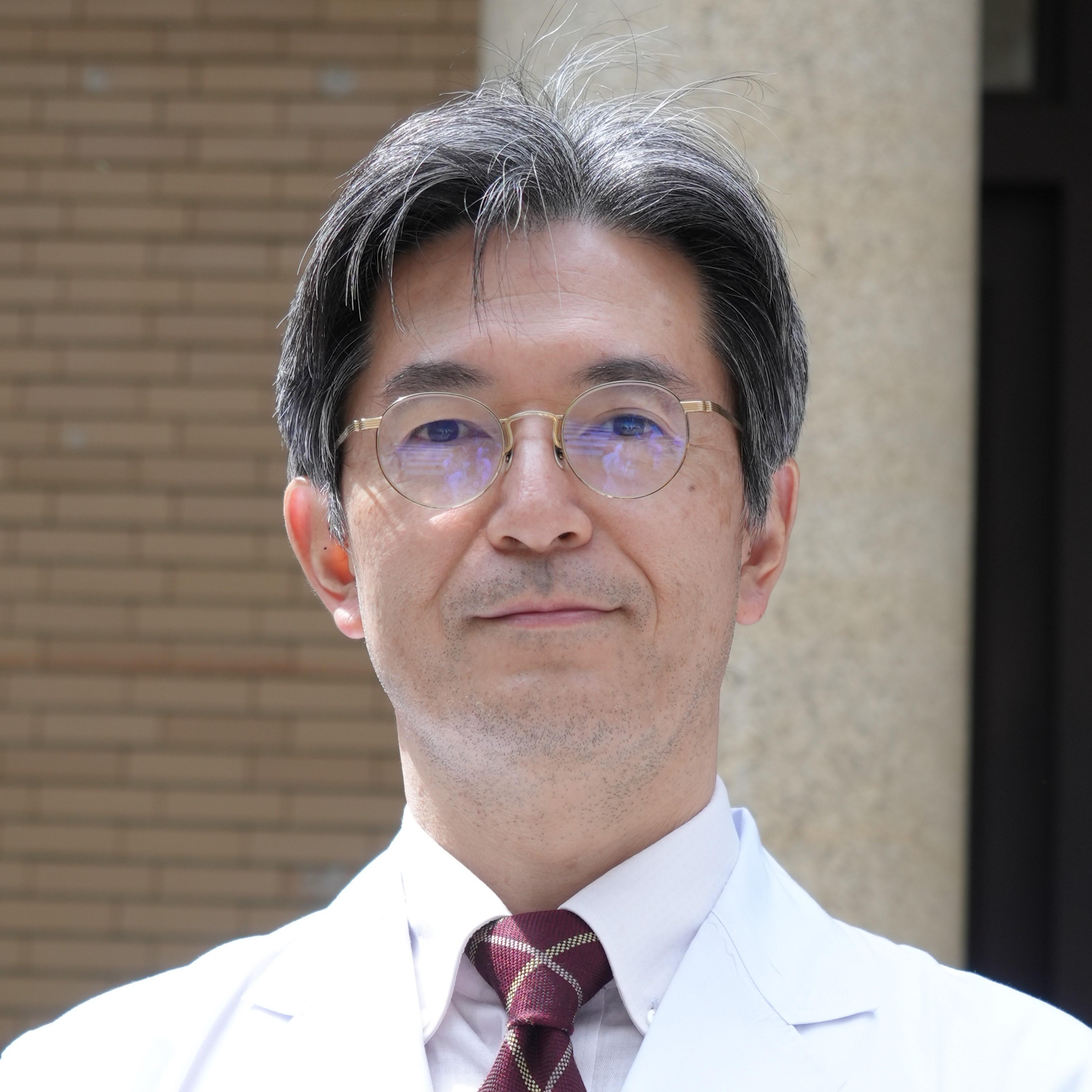
Pediatric Surgery
general pediatric surgery, neonatal surgery, lymphatic anomalies
The purpose of the study is to understand and overcome cystic lymphatic malformation (lymphangioma), an intractable rare disease. Epidemiological studies, cell biological studies using surgical specimens, and development of new drugs and therapies.
Thesis Advisor:Master's
、 Doctoral -

Cardiovascular Surgery
Cardiovascular surgery; Endovascular stent-graft; minimally invasive cardiac surgery; organ protection methods; artificial heart and blood vessels
Developing surgical methods with a basis in implementing major surgery and minimally invasive treatments for cardiac and aortic diseases; and research on perioperative organ protection methods. Development of new treatments and diagnostic methods for aortic aneurysm and aortic dissection.
Thesis Advisor:Master's
、 Doctoral -
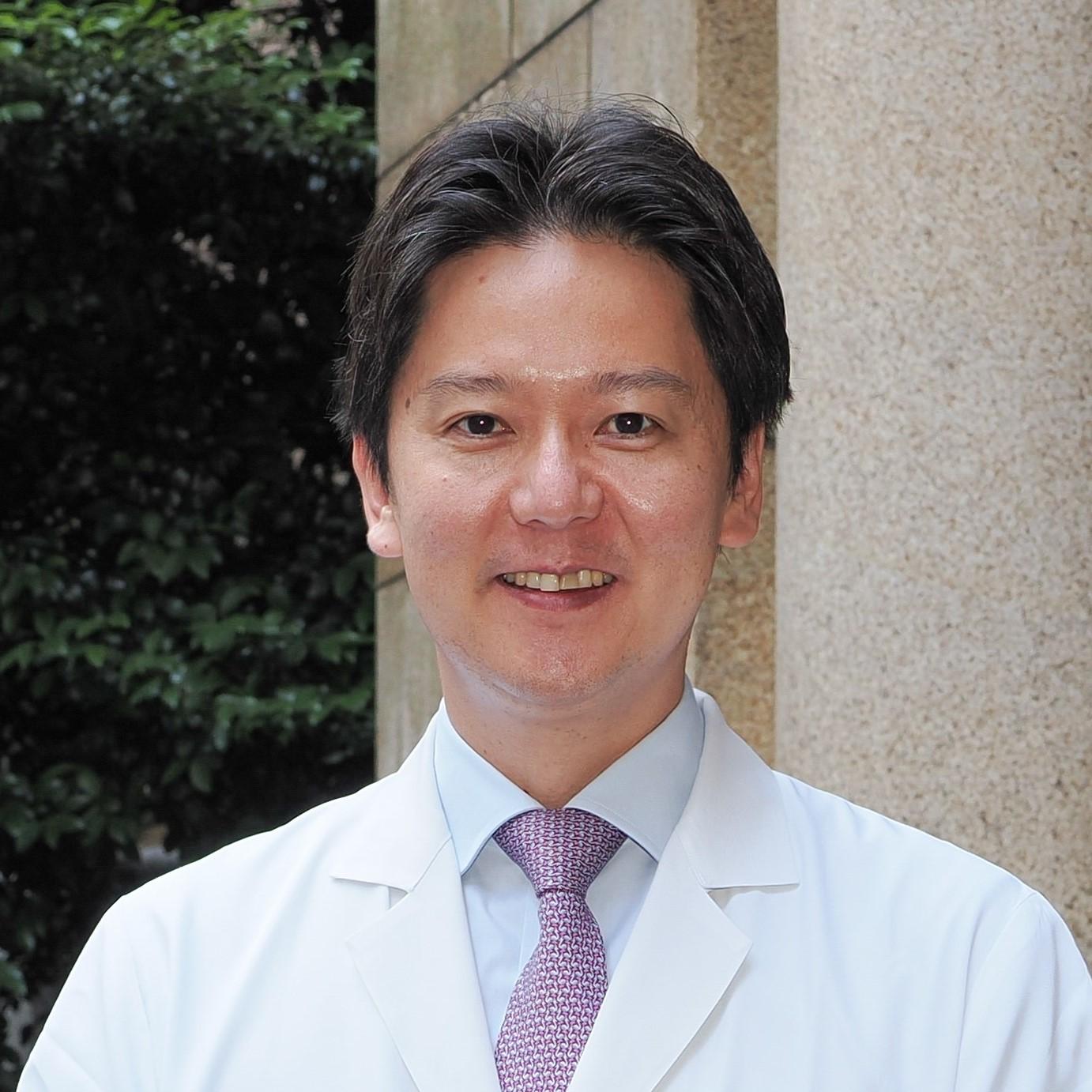
General Thoracic Surgery
General thoracic surgery, thoracic oncology, minimally invasive surgery, percutaneous cryoablation, thoracic imaging
Investigating liquid biopsy for lung cancer (serum miRNA), thoracic imaging, thoracic surgery (minimally invasive surgery and sublobar resection), multidisciplinary treatment for advanced lung cancer (salvage surgery) and percutaneous cryoablation.
Thesis Advisor:Master's
、 Doctoral -

Neurosurgery
Brain tumors; pituitary tumors; endoscopic skull base surgery; immunotherapy
Development of minimally invasive treatments for brain tumors, pituitary tumors, and skull base tumors (endonasal endoscope surgery, 3D surgical simulation). Development of new treatments for malignant brain tumors (immunotherapy, gene therapy, and cell therapy).
Thesis Advisor:Master's
、 Doctoral -
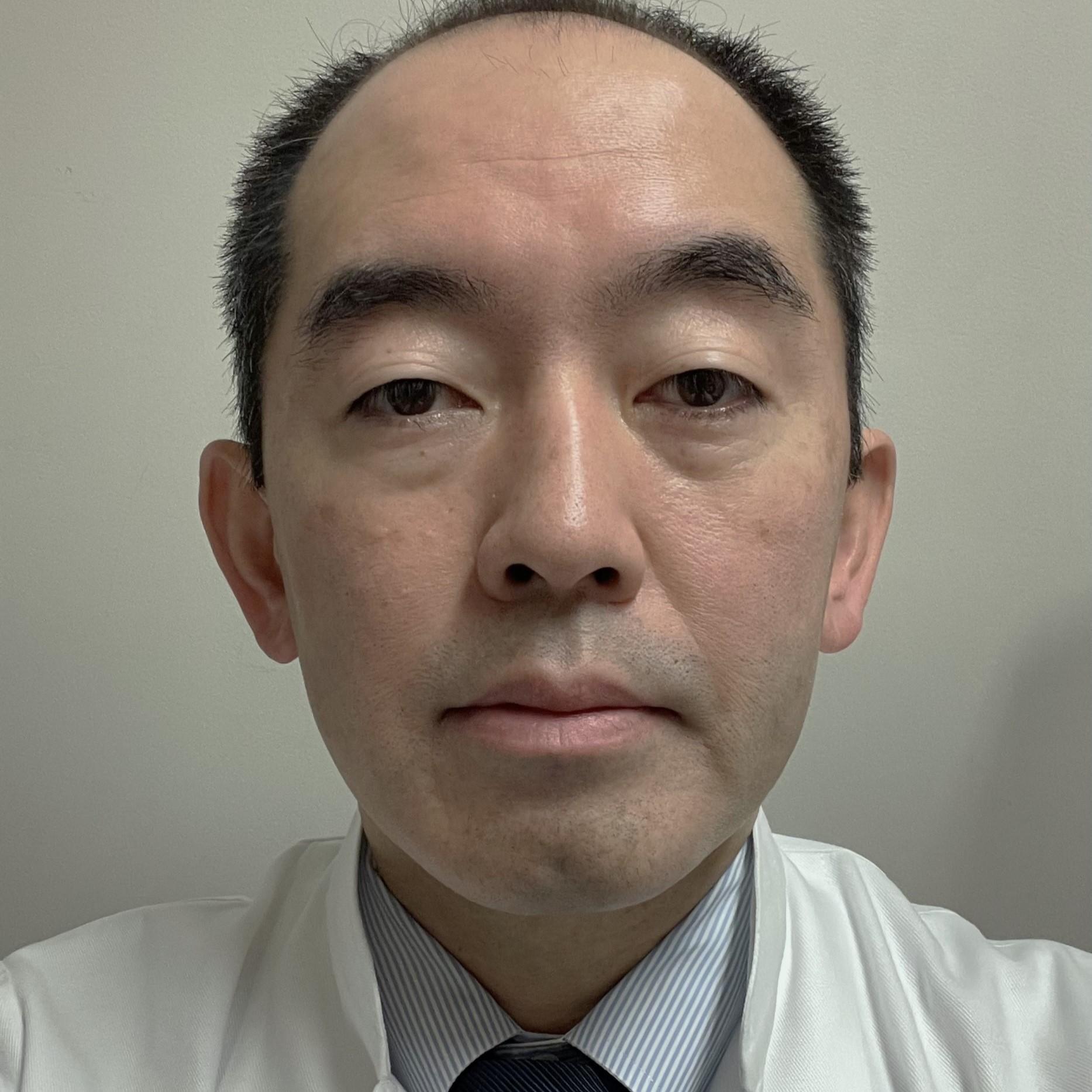 Takenori AkiyamaAssociate Professor
Takenori AkiyamaAssociate Professor
Neurosurgery
Clinical and experimental research on cerebrovascular disorders and brain tumor
・Research on cerebrovascular disorders including AV shunt diseases ・Development of novel and innovative endovascular treatment and devices ・Research on genetic AV shunt disease including hereditary hemorrhagic・telangiectasia
-
-
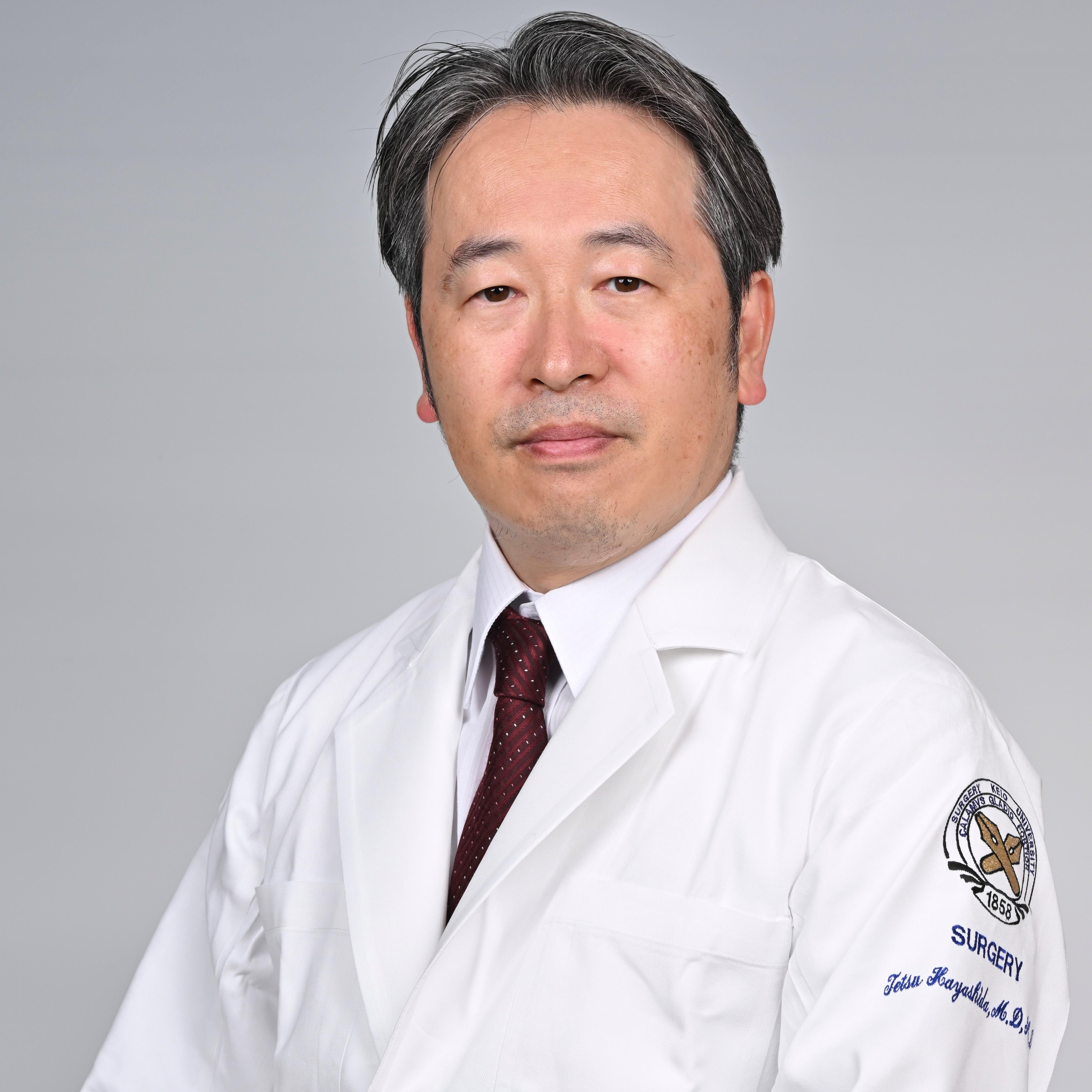
Breast Surgery
Breast surgery, Breast oncology, Drug therapy for breast cancer
I am using molecular biological techniques to identify factors and phenomena involved in the development and progression of breast cancer, as well as establishing surgical techniques and validating drug therapies through clinical trials. I also conduct research and development on the clinical application of AI and IoT technologies.
Thesis Advisor:Master's
、 Doctoral -

Orthopedic Surgery
Spine Surgery, Minimally Invasive Spine Therapies, Scoliosis
Developing prosthetics necessary for spinal surgery. Identifying scoliosis susceptible genes and developing new assesment and surgical methods. Multicenter collaborative research on spine disorders. Researching spine aging through MRI machines. Researching the invasiveness of spine surgery.
Thesis Advisor:Master's
、 Doctoral -

Orthopedic Surgery
Spine and Spinal Cord Surgery, Spinal Cord Disorder Therapies, Neuroscience (Spinal Cord Regeneration, Growth factors, Neuroimaging)
Multicenter collaborative research on spine and spinal cord disorders. Developing regenerative medicine for musculoskeletal disorders, especially for spinal cord injury and new assessment methods through MRI and CT. Working on (1) iPS cell-based transplant therapies, (2) hepatocyte growth factors, (3) suppression of axonal growth inhibitors.
Thesis Advisor:Master's
、 Doctoral
Related Links







